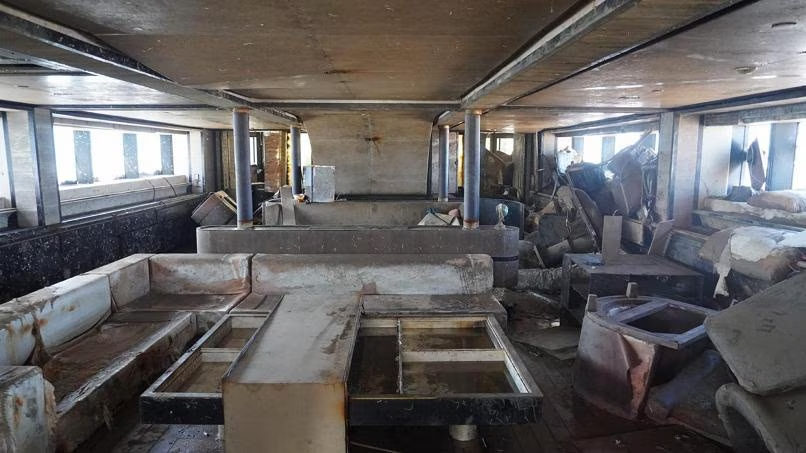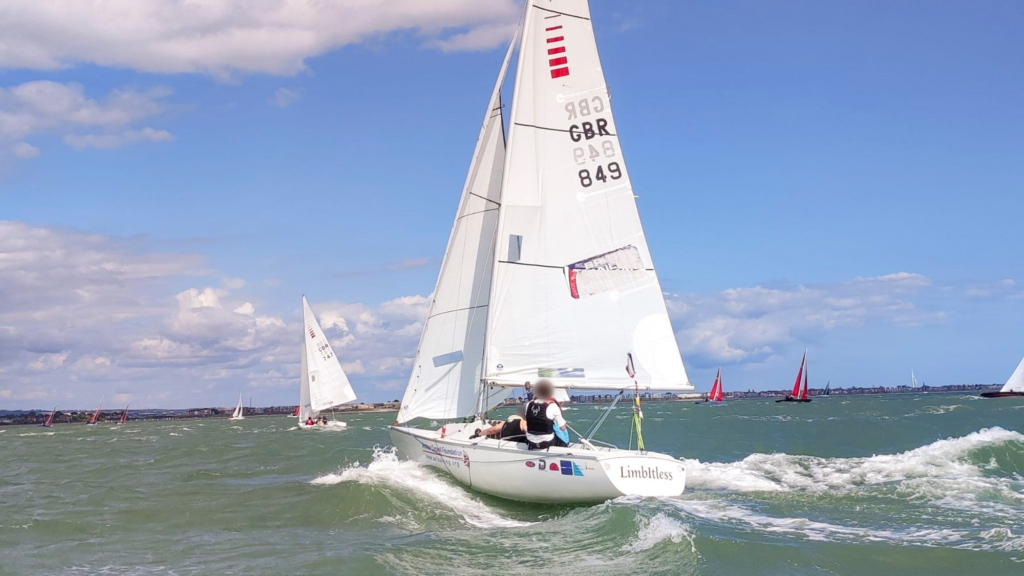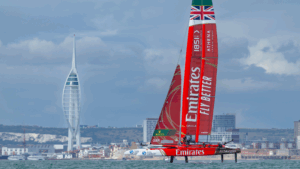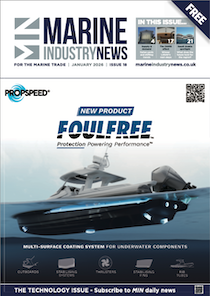“Radical rethink needed” for role of human watchkeepers, says MAIB
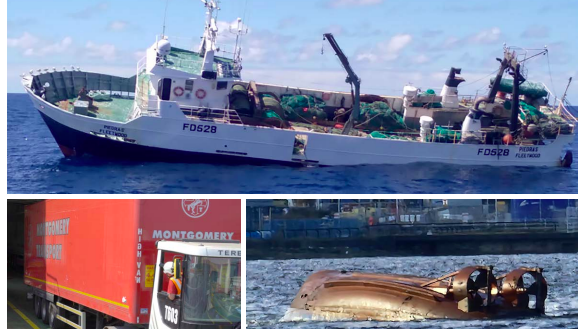 Images from MAIB’s annual report 2024 front cover
Images from MAIB’s annual report 2024 front cover
“Significant collisions between and groundings of merchant vessels show no sign of reducing,” says Andrew Moll, chief inspector of marine accidents. And this means, there’s “a need to radically rethink the role of human watchkeepers in the digital age.
“Humans do not make good monitors and if under-stimulated they will find other things to occupy themselves.”
Moll’s sharp words come as MAIB’s (Marine Accident Investigation Branch) annual report is published detailing statistics on accidents to UK ships and seafarers worldwide and to foreign flag vessels and their crews in UK waters.
“The fatal collision between Scot Carrier and Karin Høj resulted from poor watchkeeping practices,” Moll says. He then lists the collision between Scot Explorer and Happy Falcon, the fatal collision between Verity and Polesie and the dramatic and tragic collision of the Solong into the anchored Stena Immaculate earlier this year as indicators that humans are no longer as up-to-the-job as technology.
Compounding this issue, Moll believes that humans can also be reluctant to utilise system functions that will alert them to impending problems. As such, he’s tasking MAIB to explore this phenomenon in more depth during future investigations.
The extensive report contains an overview of MAIB’s work, details of reports published and analysis of the safety recommendations issued during the year. It can be read in full online but the highlights include:
- MAIB raised 1515 reports of marine accidents, involving 1633 vessels
- It commenced 15 investigations, of which seven involved loss of life.
- It published 20 reports and four safety bulletins. (This led to 74 recommendations to 36 separate addressees, with an acceptance rate of 85 per cent)
Investigations into accidents involving fishing vessels
“Three investigations and one preliminary assessment were started into UK fishing vessels flooding/ foundering during 2024,” Moll states. “Fortunately, none resulted in the loss of life, but the losses to flooding last year indicates how vulnerable many fishing vessels are to water ingress. Most of the UK fishing fleet have little, if any, watertight subdivision so any appreciable inflow of water can swiftly overwhelm the on-board pumps. In such circumstances, raising the alarm early and being well-practised in abandonment routines can and does save lives.
“As worrying as flooding, is the number of deaths and serious injuries resulting from occupational accidents. Two fishing vessel crew died as a result of marine accidents in 2024, the same number as in 2020, with both years being the equal lowest recorded level of fatalities in the last decade. Less positive is that both deaths occurred on well-crewed vessels as a result of unsafe systems of work. Future MAIB investigation reports will likely develop the theme of moving beyond ‘having a risk assessment’ to the proactive management of risk.”

